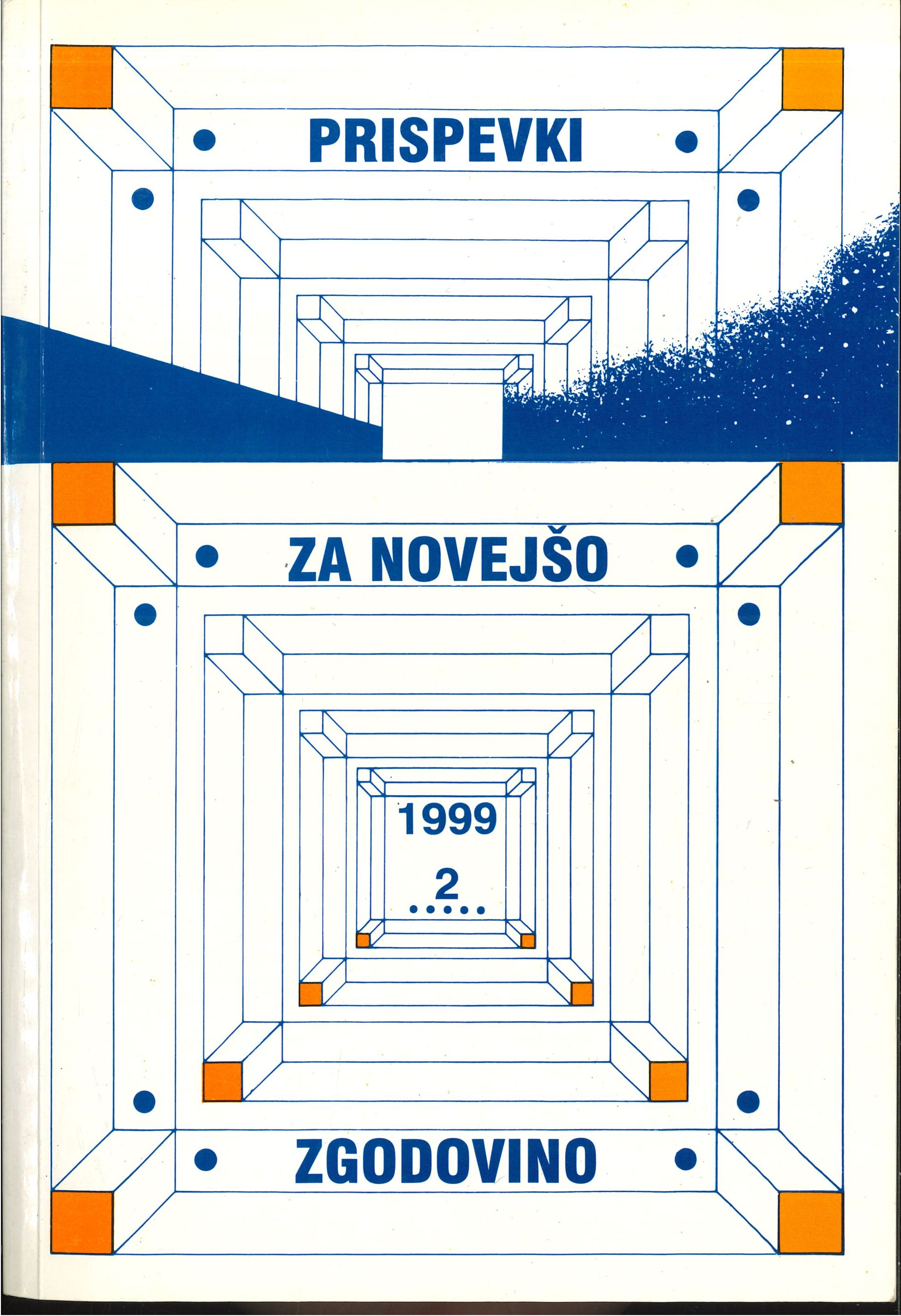Yugoslavism and the National Question of the Southern Slavic Nations in the Nineteenth and Twentieth Centuries
Keywords:
Yugoslavism, national question, political programs, self-determination, The Kingdom of Yugoslavia, Socialist Federal Republic of YugoslaviaAbstract
In the paper, the author deals with the questions of Yugoslavism and the national homogenization in the nineteenth and twentieth centuries. He analyses the character of the Illyrian movement, the Croatian 'pravaštvo', Strossmayer's Yugoslav idea, the Yugoslav nationalist and political concepts by F. Supil and A. Trumbić and, especially, the Serbian ideas regarding the political association of the Southern Slavic nations in the nineteenth century. He also presents the Slovenian views on this question before 1918. He further deals with the nationalist questions during the time of the first two Yugoslav states. His main conclusion is that ever since the Yugoslav idea first occurred and throughout the existence of the Yugoslav state after 1918, the federalist and unitarianist concepts were in constant confrontation. The latter, in conjunction with the hegemonist Greater Serbian policy, eventually compelled the non-Serbian nations to abandon the Yugoslav state, thereby burying the idea of the association of Southern Slavic nations. Today, the Yugoslav idea is devoid of any living contents, and the only thing the present Federal Republic of Yugoslavia has in common with it, is its name.
Downloads
Published
Issue
Section
License
Authors who publish with this journal agree to the following terms:
- Authors retain copyright and grant the journal right of first publication with the work simultaneously licensed under a Creative Commons Attribution License that allows others to share the work with an acknowledgement of the work's authorship and initial publication in this journal.
- Authors are able to enter into separate, additional contractual arrangements for the non-exclusive distribution of the journal's published version of the work (e.g., post it to an institutional repository or publish it in a book), with an acknowledgement of its initial publication in this journal.
- Authors are permitted and encouraged to post their work online (e.g., in institutional repositories or on their website) prior to and during the submission process, as it can lead to productive exchanges, as well as earlier and greater citation of published work (See The Effect of Open Access).


